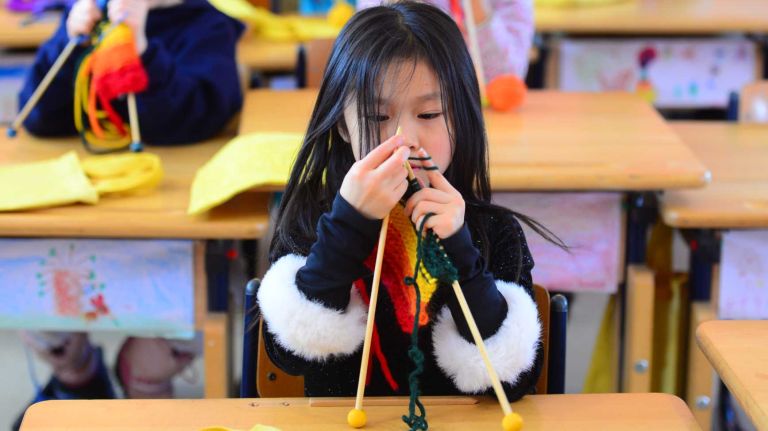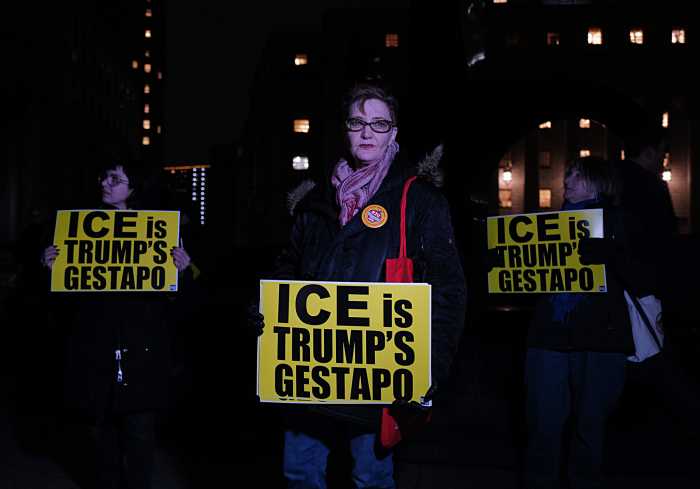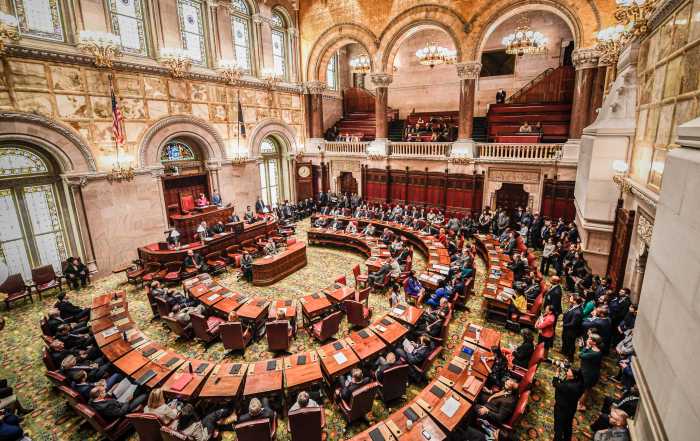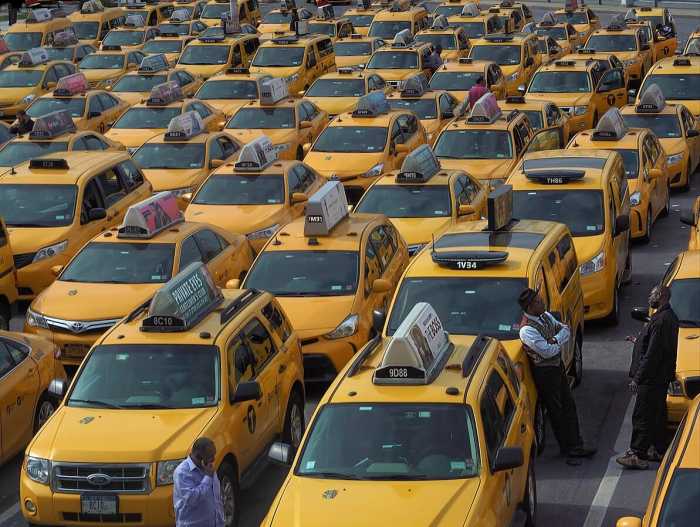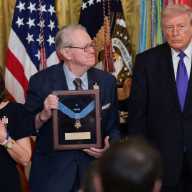
Rosa Perez is worried about her 8-year-old, Sophia.
Perez said Sophia had a wonderful time in second grade last year, but that this year, “The love she had is gone — the love of learning.”
That’s why Perez has decided that Sophia, a third-grader at PS X140, the Eagle School in the South Bronx, will opt out of the state’s math and English tests next month. Relentless emphasis on test preparation, she fears, has overwhelmed Sophia’s school day.
“What happened to science?” she asks. “What happened to music? What happened to art? What happened to the whole child? And what happened to her creativity? They are killing it.”
Some supporters of standardized testing have stereotyped parents who are concerned about testing under Common Core standards. U.S. Secretary of Education Arne Duncan, for instance, singled out a group of parents protesting the new standards as “white suburban moms who — all of a sudden — their child isn’t as brilliant as they thought they were and their school isn’t quite as good as they thought they were.” He has since apologized.
Often ignored in the debate are the voices of less privileged mothers like Perez. But this year, many NYC families in high-poverty schools like Sophia’s are opting out of the tests. At least 39 children at Riverdale Avenue Community School (PS 446) in Brownsville, one of Brooklyn’s poorest neighborhoods, will opt out. And opposition is also growing in Washington Heights, East Harlem and Harlem, partly because of anger over a new policy linking 40 percent of teachers’ evaluations to test scores, says Jane Hirschmann of Time Out From Testing, a group opposing the testing.
Common Core and high-stakes testing are partly billed as keys to closing the achievement gap for poor children in public schools. But ACT and SAT scores in recent years show the test-driven regime that began with No Child Left Behind and continued with Race to the Top has not improved college preparedness.
Students in poor districts, whether in the South Bronx or Brownsville, don’t need this testing regime. Their schools need more money to hire music instructors and repair the bathrooms — and their teachers need time to simply teach.
Liza Featherstone lives and writes in Clinton Hill.



